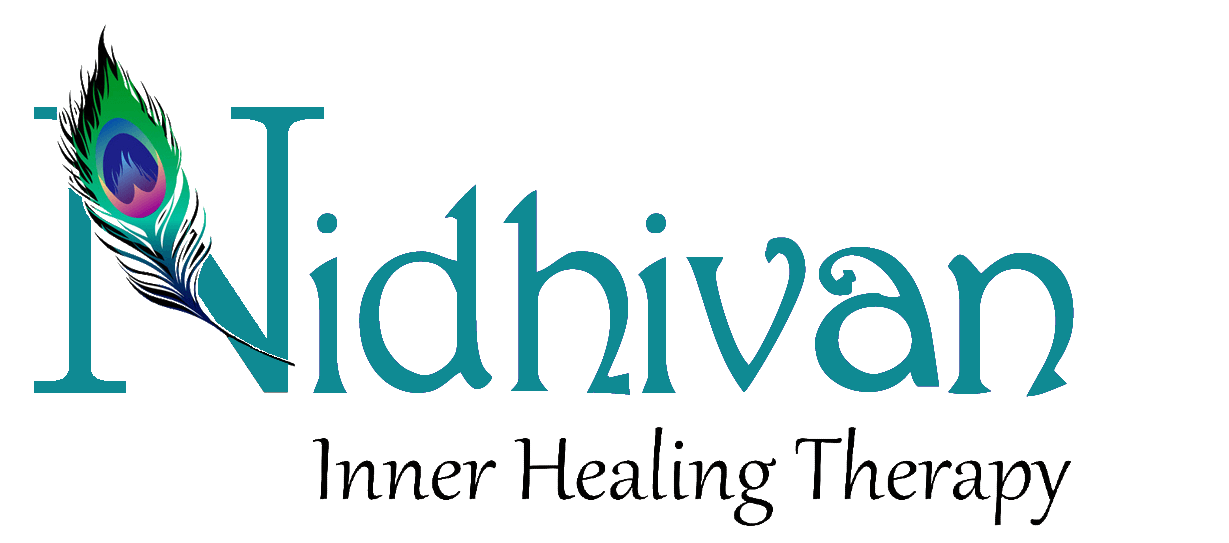Articles
Emotional Intelligence

Emotional Intelligence (EI or sometimes EQ - Emotional Quotient) is a more modern concept and was only fully developed in the mid-1990s, by Daniel Goleman, among others.
Emotional Intelligence is the measure of an individual's abilities to recognise and manage their emotions, and the emotions of other people, both individually and in groups
Benefits of Higher Emotional Intelligence
• People with higher emotional intelligence find it easier to form and maintain interpersonal relationships and to 'fit in' to group situations.
• People with higher emotional intelligence are also better at understanding their own psychological state, which can include managing stress effectively and being less likely to suffer from depression.
Academic aptitude (IQ) has no connection with how people understand and deal with their emotions and the emotions of others (EI). This is actually true !
So many times we see clever people who have no idea about how to deal with people, and the reverse.
Some people have high IQs and low emotional intelligence and vice versa, while some people score highly on both and some do not.
IQ and Emotional intelligence attempt to measure different forms of human intelligence; along with personality, these measures make up an individual's psyche.
Emotional intelligence is the one part of the human psyche that we can develop and improve by learning and practising new skills. IQ and personality are more static measures and likely to stay reasonably constant throughout life (although you can develop your ability to complete IQ tests very successfully).
Ultimately emotional intelligence can only be measured by how an individual progresses through life - developing meaningful relationships with others, their interpersonal skills and understanding, their ability to manage their own emotions, and their personal skills.
-
BLOGS & ARTICLES
-
BODY AND HEALTH
-
DIET
- ● Miracles of alkalizing diet
- ● Eating disorders
- ● What is bulimia?
- ● The binge eating cycle
- ● Diet for managing body weight
- ● How our diet governs our emotions
- ● How emotions influence our diet
- ● Modern food engineered for our tongue
- ● Healthy diet and regimen
- ● Healing powers of colourful food
- ● What is mindful eating?
- ● How is mindful eating achieved?
- ● Why is mindful eating necessary?
- ● Mindfulness and correct knowledge
- WATER
- ● Strengthening your immune system
- ● Exercise-the ultimate health tool.
-
DIET
-
MIND- EMOTIONAL MOLECULES
- ● The power of emotions
- ● Effect of positive and negative emotions on human body.
- ● Mental strength
- ● Secrets that we keep from ourselves
- ● Mindfulness
- ● Emotional intelligence
- ● Anxiety
- ● Caring
- ● Cheerfulness: positive and enriching
- ● Compassion-the blissfulness!!
- ● Courage- the inner strength and valour
- ● Creativity : innovative imagination
- ● Depression
- ● Effects of depression on the body
- ● Excitement: feeling energetic
- ● What is fear?
- ● Forgiveness: healing self
- ● Gratitude - thankfulness to self or others
- ● Helping : a beautiful mind leading to a beautiful gesture
- ● Hope: believing in his power
- ● Humility - deeper rivers flow in majestic silence
- ● Humor - sense of laughter
- ● Life satisfaction: pure contentment
- ● Lovability: attracting and deserving love
- ● What is love?
- ● Needs and values
- ● Optimism: foundation of courage and true progress
- ● Patience: practise in trust
- ● Pride: the longest distance between two people
- ● Security : the best reserve of knowledge, experience and ability
- ● Self confidence : the most beautiful thing you can wear
- ● Serenity : peace amid the storm
- ● Thought-fullness : kindness is its passport
- ● Trust : much needed for true bond
- ● Being valued
- ● Wisdom: positive and enriching
- ● Relationship connection and healing
- ● Understanding good mental health
- ● Complex inter-relationship of mind and body
- ● Healthy mind- healthy body
- ● Goals
- ● Proactive and reactive personalities
- ● Stress in the workplace
- ● Emotional first aid
- SPIRITUAL HEALING
-
HOMOEOPATHY HEALS
- ● Homeopathy and gout
- ● Homeopathy and depression
- ● Homeopathy and hairfall
- ● Homeopathy and hypothyroidism
- ● Homeopathy for skin
- ● Homeopathy and stress
- ● Homeopathy for anaemia
- ● Homoeopathic for arthritis
- ● Homeopathy for constipation
- ● Homeopathy for respiratory ailments
- ● Homeopathy for sleeplessness
- ● Homeopathy for weight loss
- ● Homeopathy in children
- ● Homeopathy and allergy
- ● Homoeopathy for acne
- ● Homoeopathy for backache
-
BODY AND HEALTH
